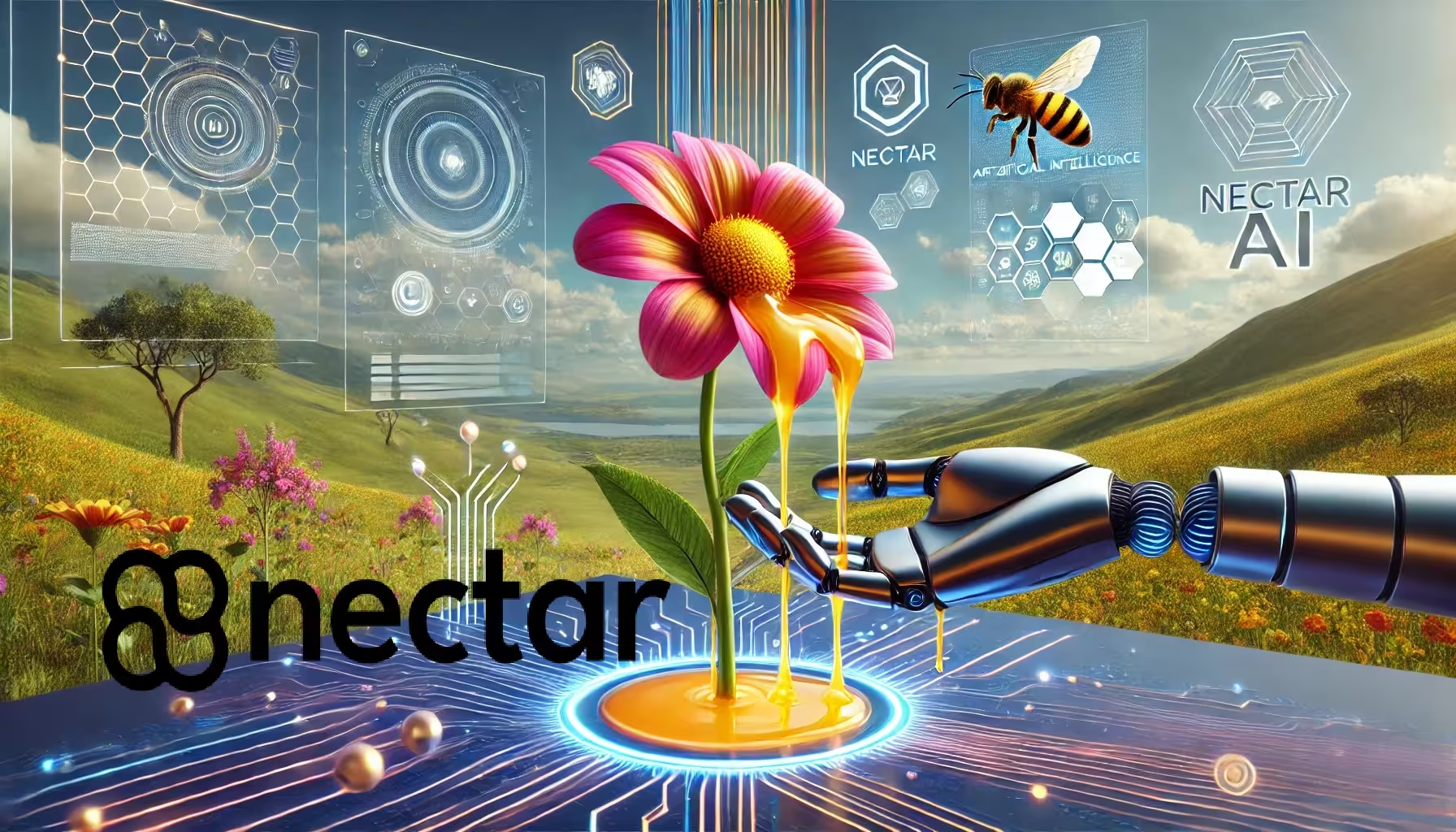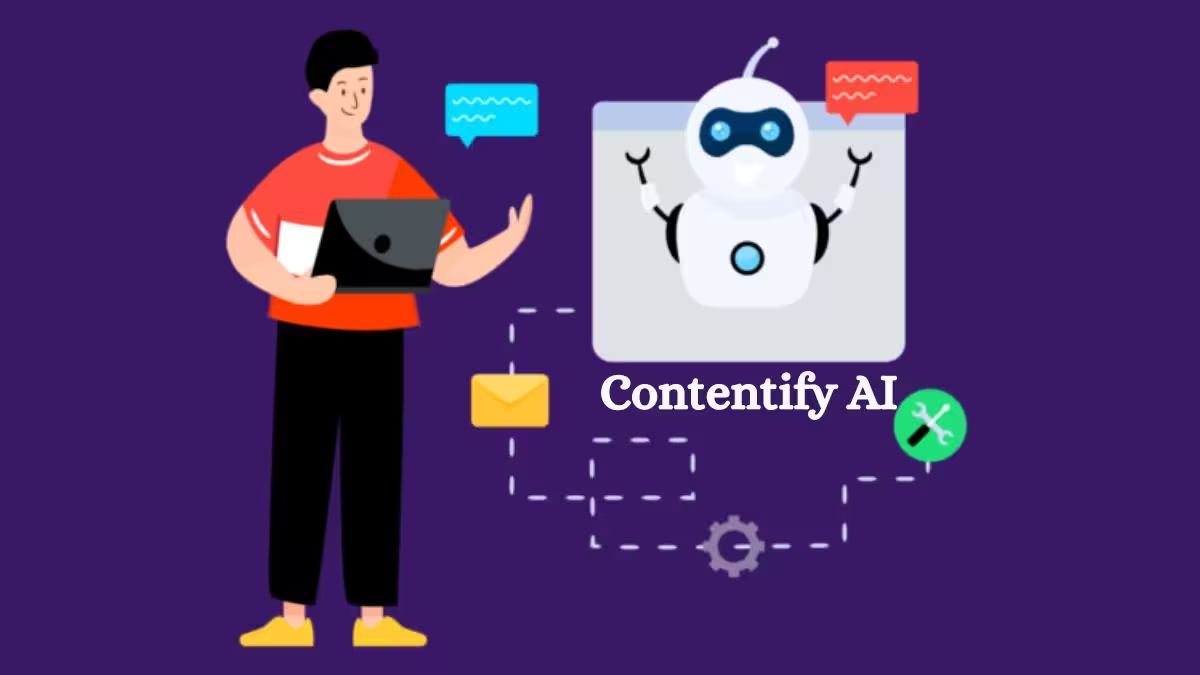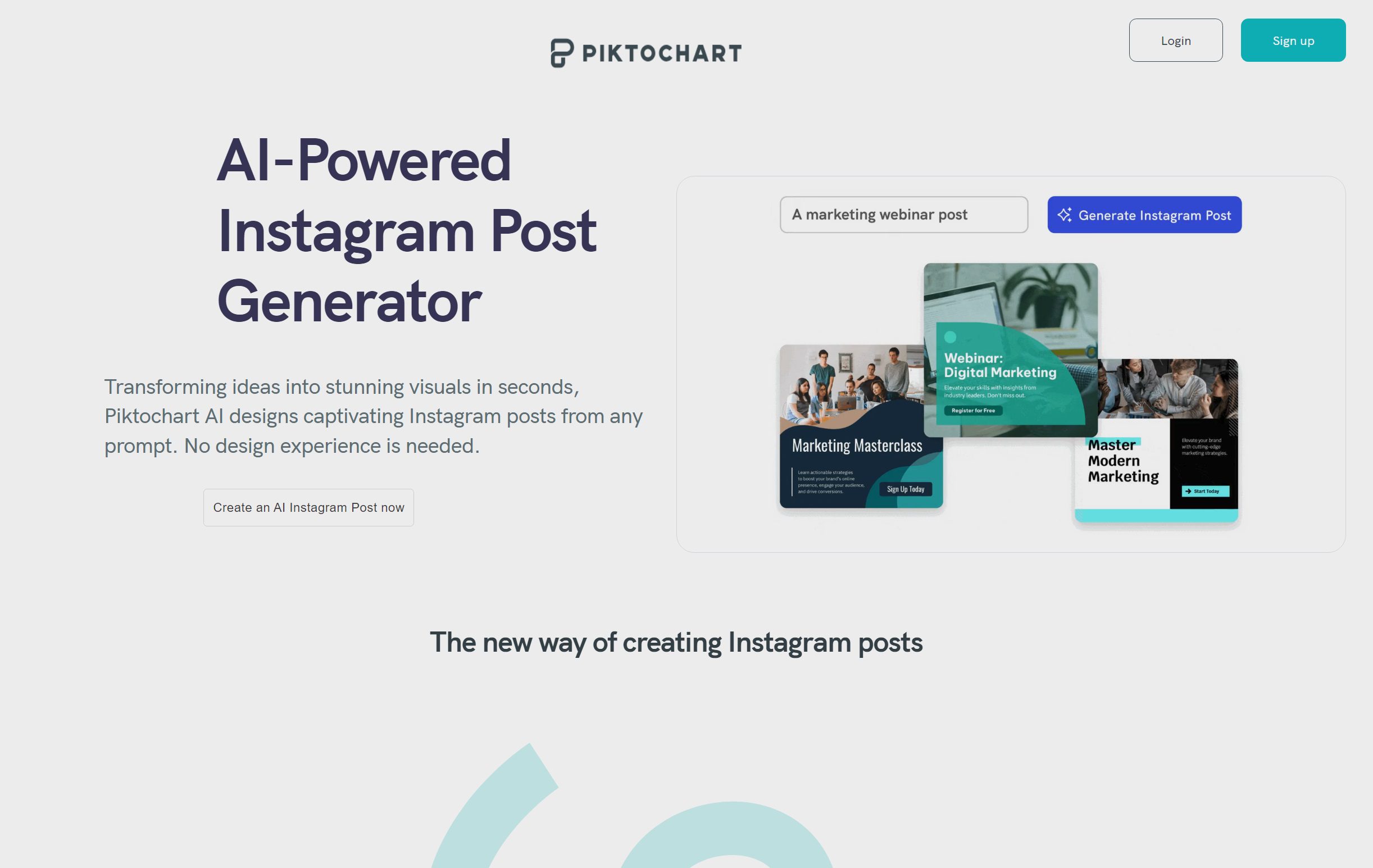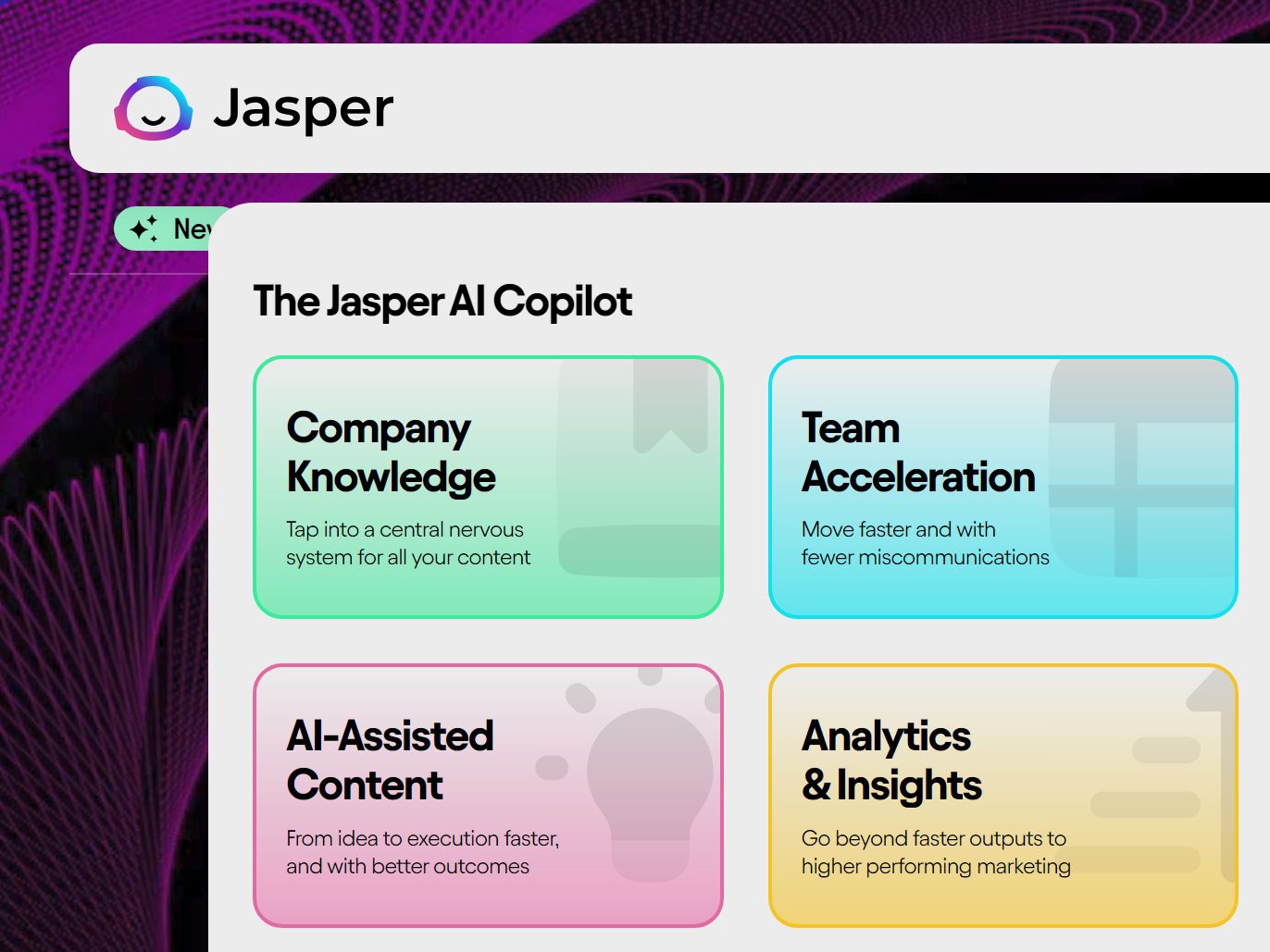📈 Marketing
Marketing is essentially about connecting your products or services to the right audience. It involves a mix of strategies such as advertising, selling, and delivering products to consumers or other businesses. Some might refer to it as the art of understanding what customers need and how to provide that need effectively. By engaging with various communication methods, marketers aim to influence consumer preferences and behaviors to drive sales and enhance brand loyalty.
Increased marketing ROI with AI
Marketing ROI, or Return on Investment, is a measure used to evaluate the profitability or effectiveness of our efforts relative to the costs incurred. It assesses the return generated from marketing activities in comparison to the resources invested in those activities. A positive ROI indicates that the revenue generated from marketing efforts exceeds the costs incurred, resulting in a profitable return. Conversely, a negative ROI suggests that the costs outweigh the revenue generated, indicating that the marketing efforts may not be yielding satisfactory results.
AI can significantly improve marketing ROI by enhancing various aspects of marketing strategy, execution, and optimization. Here are some ways AI contributes to improving ROI:
- Data Analysis and Insights: AI-powered analytics tools can process large volumes of data from multiple sources, including customer interactions, website behavior, and sales transactions. By analyzing this data, AI algorithms can identify patterns, trends, and correlations that human analysts may overlook, providing valuable insights for targeting, segmentation, and campaign optimization.
- Personalization and Targeting: AI enables marketers to deliver highly personalized and targeted marketing messages to individual customers based on their preferences, behavior, and past interactions. By leveraging machine learning algorithms, marketers can segment audiences more effectively, tailor content and offers to specific customer segments, and deliver personalized experiences across multiple channels, resulting in higher engagement and conversion rates.
- Predictive Analytics: AI algorithms can forecast future trends, customer behavior, and market dynamics based on historical data and real-time insights. By leveraging predictive analytics, marketers can anticipate customer needs, identify emerging opportunities, and proactively adjust their marketing strategies to capitalize on trends and market shifts, thereby improving ROI and staying ahead of the competition.
- Marketing Automation: AI-powered automation tools streamline repetitive tasks, such as email marketing, social media management, and lead nurturing, allowing marketers to focus on high-value activities and strategic initiatives. By automating routine processes, marketers can increase efficiency, reduce manual errors, and scale their marketing efforts more effectively, ultimately improving ROI by maximizing resources and productivity.
Differentiating between PR, digital marketing, and offline marketing
The three concepts can a time be confused, as it comes to AI we leave nothing to chance, see below the definitions of what we are talking about before moving to the next step:
- PR (Public Relations): PR focuses on managing the reputation and public perception of a brand, organization, or individual. It involves building relationships with journalists, influencers, and other media outlets to generate positive publicity and coverage. PR activities include media relations, press releases, events, sponsorships, and crisis management. PR efforts are often aimed at shaping public opinion, building brand awareness, and fostering goodwill among key stakeholders.
- Digital Marketing: encompasses all activities that utilize digital channels and technologies to reach and engage audiences online. It includes various tactics such as search engine optimization (SEO), content marketing, social media marketing, email marketing, pay-per-click (PPC) advertising, and affiliate marketing. Digital marketing leverages digital platforms and tools to target specific audiences, measure campaign performance, and drive measurable results, such as website traffic, leads, and conversions.
- Offline Marketing: refers to traditional marketing activities that are conducted through non-digital channels, such as print media, television, radio, direct mail, outdoor advertising, and events. Offline marketing tactics aim to reach audiences in physical locations or through traditional media formats. While offline marketing may lack the precision targeting and measurement capabilities of digital marketing, it can still be effective for reaching certain demographics or geographic regions and building brand awareness through mass media exposure.
Overall, PR, digital marketing, and offline marketing are all integral components of a comprehensive marketing strategy, each serving unique purposes and audiences. By leveraging AI-powered technologies and strategies across these marketing disciplines, businesses can enhance their marketing ROI, improve campaign performance, and achieve their objectives more effectively.
The Influence of AI on Marketing Strategies
As AI technology integrates into the field of marketing, you’re likely to notice a significant shift in how strategies are formulated and executed. AI is not just another tool in the marketer’s toolkit; it’s a game-changer that reshapes the way businesses approach their audience. For instance, consider AI-driven platforms like Persado, which uses machine learning to optimize marketing messages across channels and ensure that the content resonates perfectly with the target demographic. This technology can generate emotionally engaging language that improves response rates and conversions. AI’s role in marketing also extends to chatbots and virtual assistants, which provide real-time customer service and personalized shopping experiences, thus enhancing customer satisfaction and loyalty.
Our selection of tools that covers your AI Marketing use cases
Marketing, powered by AI, isn’t just about selling more; it’s about understanding better and acting faster. AI helps in predicting market trends, personalizing customer interactions, and managing ad campaigns more efficiently. Below, you’ll find a category of AI tools that can help you apply these innovative techniques to your marketing efforts.
-
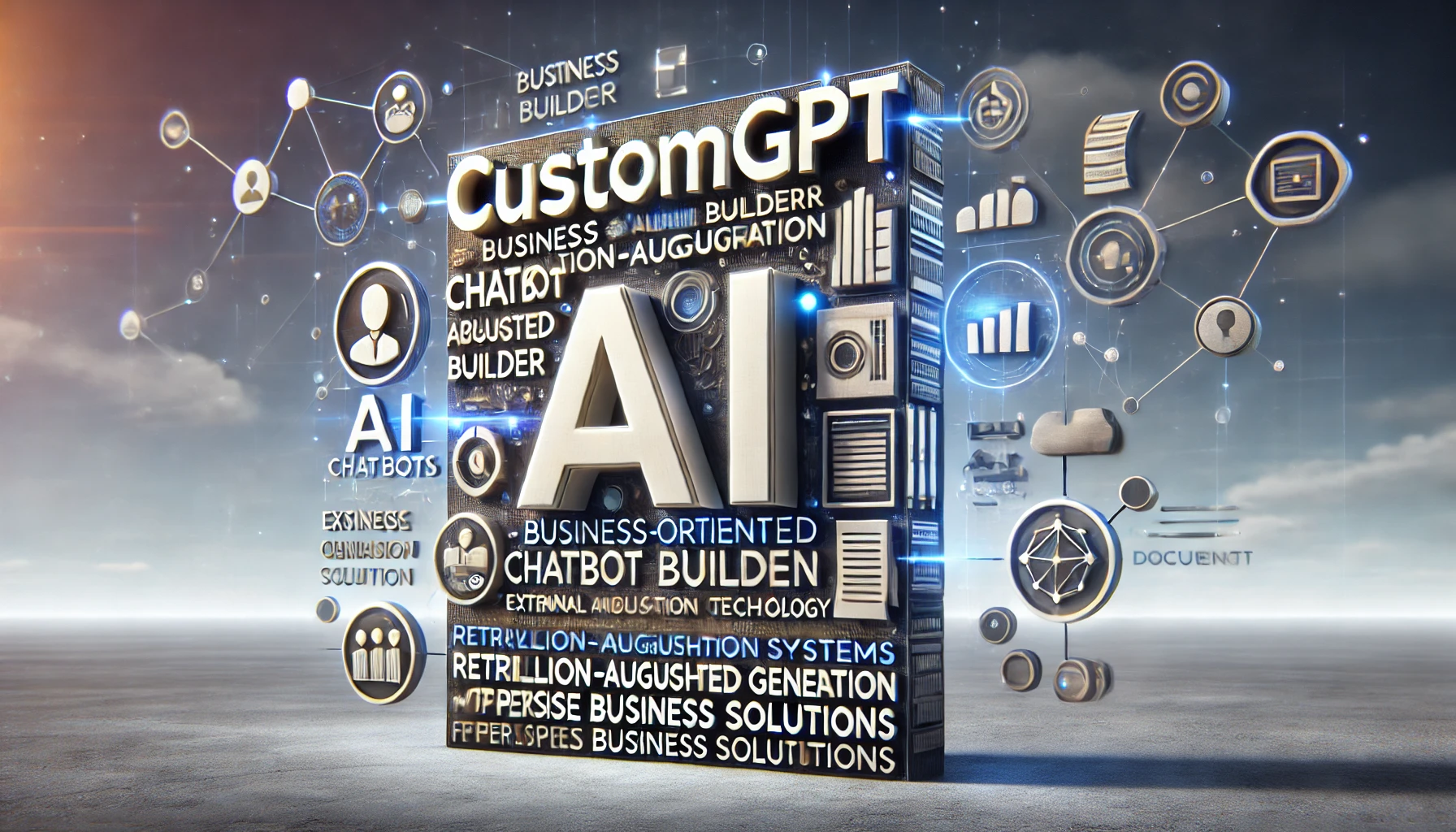
CustomGPT AI
With CustomGPT, businesses more intuitively use their data to create custom chatbots for themselves. You can upload documents, sitemaps, or videos in the blink of an eye with support for 1,400+ file types in 92 languages to finally train the chatbot. After that is set up, place this chatbot on your website or use it via live chat to deliver responses to customers and employees that are both preciser and brand-consistent. No coding is required, and API integration caters to all your advanced needs in managing seamless workflows.
-

Replayed co AI
Replayed AI connects YouTubers with expert video editors to boost channel growth and simplify video production. Replayed could be a game-changer if you’re serious about professionalizing your YouTube content and want to streamline your production process. Check it out and see if it aligns with your creative and operational needs!
-
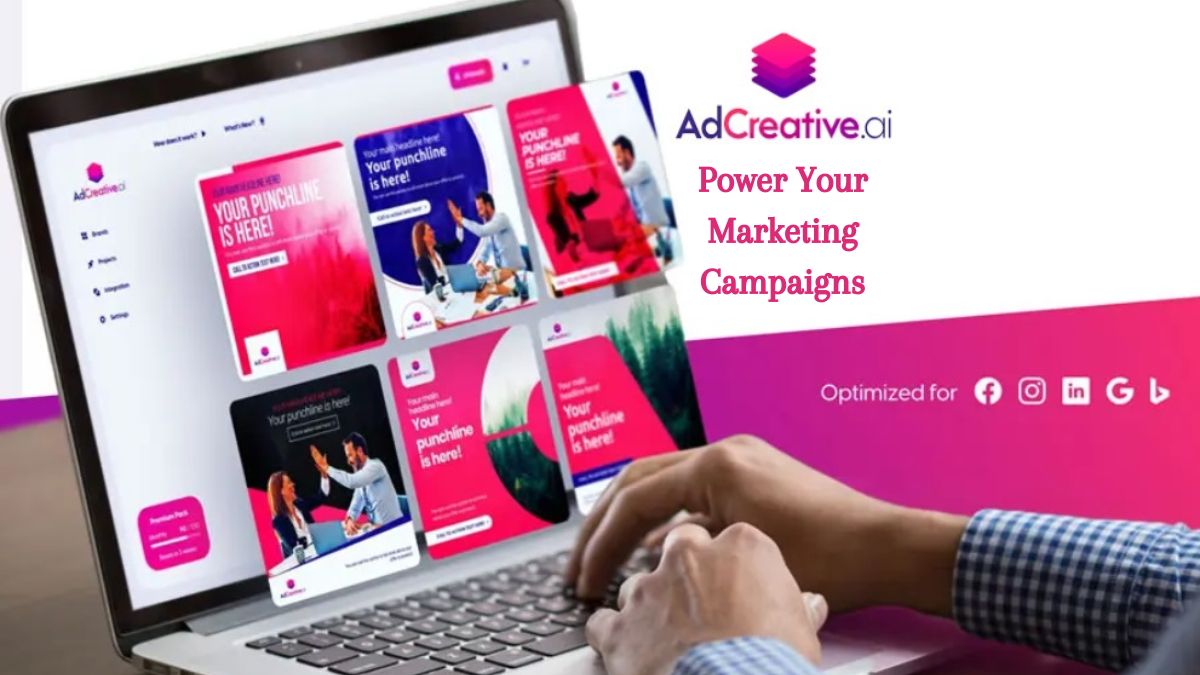
AdCreative AI
AdCreative.ai offers a potent marketing solution with AI-powered ad creatives, providing your business with a competitive edge through expertly crafted banners generated by sophisticated AI technology. So, if you’re looking to cut down on the grunt work of ad creation and want a solution that keeps up with the fast-paced digital advertising world, AdCreative.ai might just be the tool you’re looking for. Give it a spin and see how it transforms your advertising strategy.

